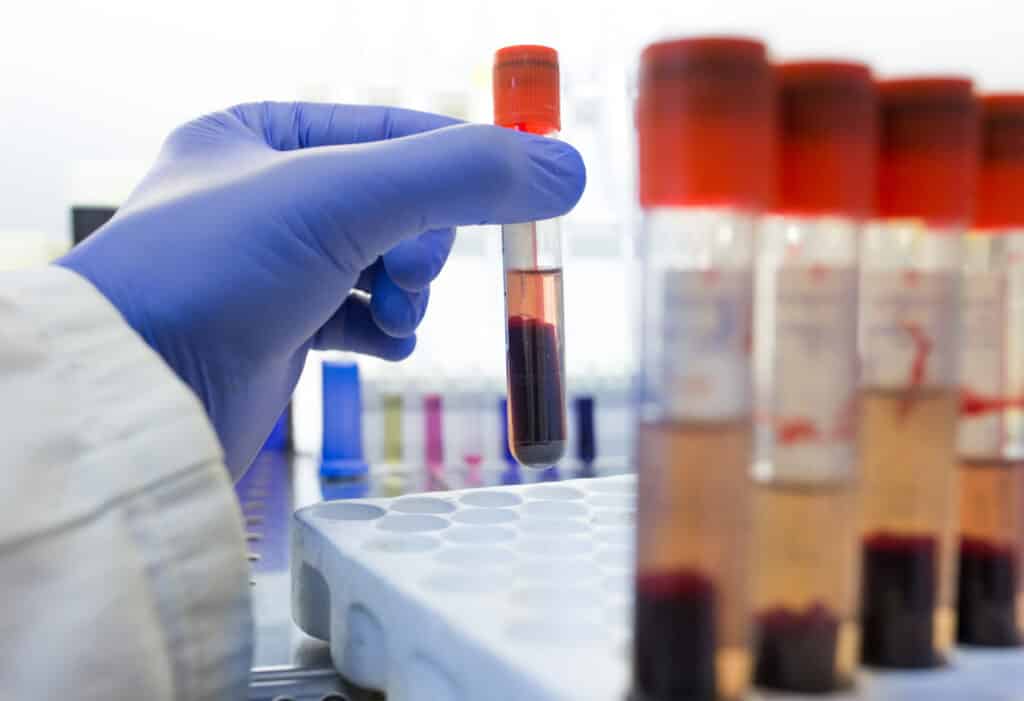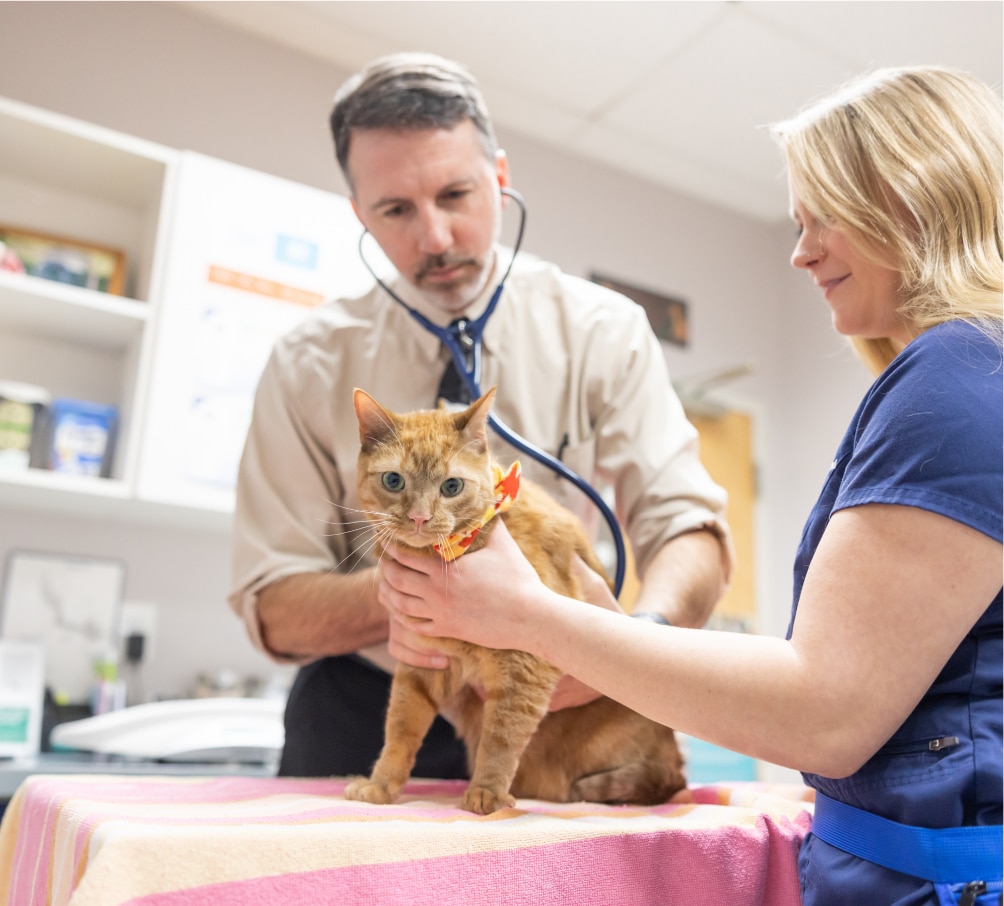One of the most critical aspects of any veterinarian’s job is ensuring the safety and well-being of the animals under our care. Whether it’s a routine procedure or a more complex surgery, administering anesthesia is an integral part of veterinary medicine. However, before any animal undergoes anesthesia, it is vital to perform pre-anesthetic lab work. This important step helps us assess the animal’s overall health, identify potential risks, and tailor an anesthetic plan specific to their needs. Let’s delve into the significance of pre-anesthetic lab work and why it should never be overlooked.
Benefits of Pre-Anesthetic Lab Work
Comprehensive Health Evaluation: Pre-anesthetic lab work provides a comprehensive evaluation of an animal’s health status before undergoing anesthesia. It includes a complete blood count (CBC), blood chemistry profile, and sometimes additional tests such as coagulation profiles or urinalysis. These tests give us valuable insights into the animal’s organ function, blood cell counts, and overall health. By analyzing these results, we can identify any underlying medical conditions that may pose risks during anesthesia.
Detection of Hidden Health Issues: Animals, like humans, can have underlying health issues that may not be readily apparent on physical examination alone. Pre-anesthetic lab work can uncover these hidden issues, such as kidney or liver disease, anemia, infections, or clotting disorders. Detecting these conditions before administering anesthesia allows us to take appropriate precautions, adjust the anesthetic protocol, or even postpone the procedure if necessary.
Tailored Anesthetic Plan: Every animal is unique, and their response to anesthesia can vary based on their individual health and physiology. Lab work helps us tailor an anesthetic plan specific to each animal’s needs. For example, if we identify kidney dysfunction, we can choose anesthetic agents that are less likely to affect renal function. By customizing the anesthetic protocol based on the lab results, we can minimize the risks associated with anesthesia and ensure a safer procedure for the animal.
Risk Assessment and Mitigation: Lab work allows us to assess the overall risk associated with anesthesia for each individual animal. By analyzing the lab results, we can identify any abnormalities or high-risk factors that may increase the chances of complications during the procedure. Armed with this information, we can take appropriate steps to mitigate those risks, such as adjusting the anesthetic protocol, providing intravenous fluids, or using additional monitoring equipment during the procedure.
Monitoring During and After Anesthesia: The information obtained from lab work not only guides us during the procedure but also helps us monitor the animal’s health during and after anesthesia. For example, if we know that an animal has a decreased clotting function, we can be extra vigilant during surgery to minimize bleeding or administer blood products prior. Similarly, if liver or kidney function is compromised, we can closely monitor the animal’s response to anesthesia and provide supportive care as needed.
Pre-anesthetic lab work is an essential component of responsible veterinary practice. It enables us to comprehensively evaluate an animal’s health, detect hidden conditions, tailor an anesthetic plan, and mitigate risks associated with anesthesia. By investing the time and effort in performing pre-anesthetic lab work, we prioritize the safety and well-being of the animals entrusted to our care.
Pre-Anesthetic Lab Work in Frederick, MD
At Old Farm Veterinary Hospital we strongly emphasize the importance of pre-anesthetic lab work in all surgical procedures. At our practice, we prioritize the health and safety of our patients, and pre-anesthetic lab work is an integral part of our commitment. Trust our team to perform thorough evaluations, analyze lab results, and create personalized anesthetic plans for your beloved pets. Together, we can ensure a safe and successful anesthesia experience for your furry companions.



